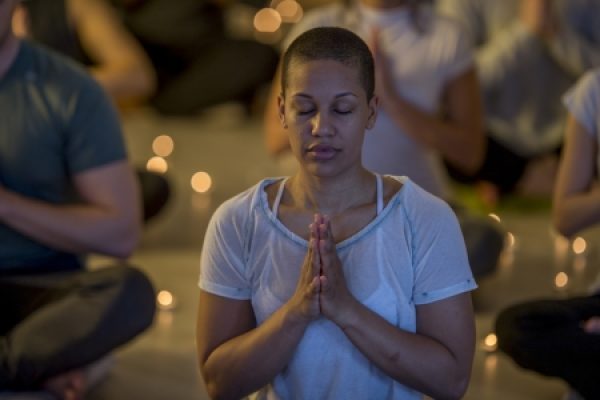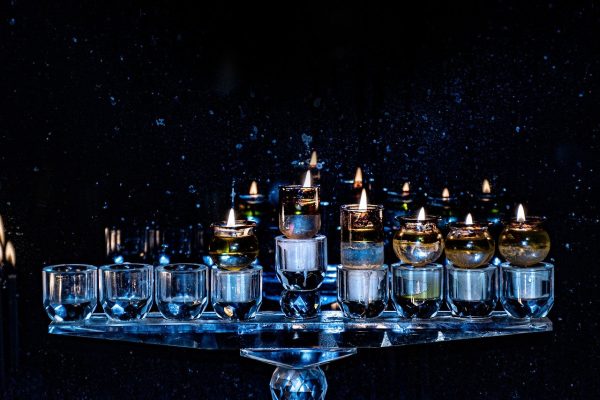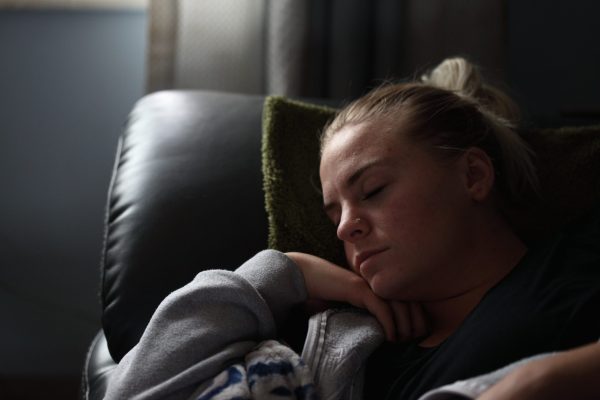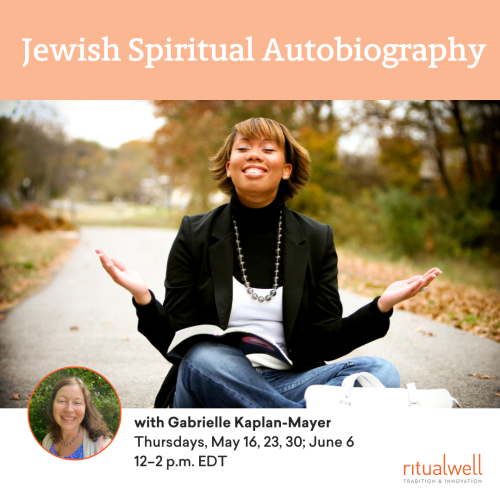The mystics teach us that to appreciate the joy and fulfillment of life we must experience pain. The conclusion reached is that agony and ecstasy were created because life does not exist with just one or the other. Sometimes we lose sight of this fact.
Moreover, there are losses that have no comparison. These losses create in us a vacuum that defies explanation. The most devastating of these are the loss of a child. We understand that in the course of human existence the younger bury the older. But, when we are faced with the task of opening the earth to receive a child, not only do we mourn, but the angels sob uncontrollably for the pain which this loss inflicts.
Life is filled with anticipation and expectation. We melt into a dream of delightful embrace and complete this magical adventure by bringing forth another human-being. We look at this creation and begin the journey of contemplation and anticipation. Should he be a doctor, should she be a teacher? Will she look like her mother or he like his father? Will I make the same mistakes my parents made or will I be different? I will be the best parent. That is my pledge as I watch this tiny creature reach out to touch the world.
These dreams and visions are interrupted by tragedy. Our child has died and so has our posterity. The notions of success and abundance are lost in a tunnel of emptiness and despair. There is no light in this tunnel, just a darkness that envelops and consumes us. We sink into the depths of dejection. Where is my little one? Where is the other part of my heart? Why is there an empty bed and an empty place in my heart? Why can’t I cry? I need to shed tears where smiles once lived and grieve for the hopelessness. I am stunned and frozen. Everything moves around me but I am motionless.
I recall the cry of King David when he learned of the death of his son Absalom: “O my son Absalom, my son, my son Absalom! Could it only be, I would die for you, O Absalom, my son, my son!” (II Samuel 19:1) Nothing brings more joy than to see our children grow and prosper and then the greatest of pain gives us pause and we too are consumed by the madness of a forfeited future.
Is this what the mystics referred to in their declarations of pain endurance? Must there be bereavement in order to appreciate life? We all know that we are born to die, but there are paths to the end of days and they should not include the young. Age is a blessing that is not just reserved for the aged but rather a gift earned through great effort. Are not the young entitled to experience the durability associated with growth?
I believe that our ancestors were trying to teach us how to cope with adversity, some so devastating as to cause us to languish in total sadness. I believe the message is that terrible things happen and we have the ability to overcome these troublesome experiences by learning to extend a helping hand and to comfort and offer solace. This is our obligation as human-beings. This is our duty as survivors.
We need not try to make sense of diminishing involvement but rather take the memory of the love we gave and the love we received and bundle them into a treasure chest of keepsakes and recollections. We must endeavor to release the guilt because it only prolongs the agony and causes us to fall deeper into the pit. There is no one to blame. And for sure God was not there to steal the future but rather to aid in the comfort needed to walk through the valley into a new day, a new life, a new beginning. We never forget, but we cannot stop time and remain in this spot forever.
I believe what the ancients were trying to tell us when they talked about pain and how to appreciate it because of the painless possibilities in our lives. It is never easy to explain away a loss – a loss of a child but, maybe we should try to understand that pain can be relieved with hope and faith and a belief that things happen and we need to learn to role with the punches so that life will continue.
We never forget but we learn to live with memories that can and should help us reach another day filled with light and sunshine and the promise of tomorrow.














2 Responses
I read the above on yom kippur as I fast, thinking about my son who passes 5 years ago..
The hurt in my heart is still there and I still can”t look at pictures ( after 5 years ) of him smiling.
As I go on each day, keeping busy, laughing with people, still in the back of my mind I’m still sadness that is still there. It will never end until I die.
I lost my father when I was 18, he was 52. That was 52 years ago. At that time we mourned as a family and then life goes on, the hurt at this time about him has gone away, but still thinking of how sad it was for us.
They say that writing our feelings is good, so that is why I write here.
Hi Stan, thank you so much for sharing your heartfelt words of sorrow here. We are so sorry for your loss, and hope that the act of writing continues to help ease the burden a bit.